The Health sector plays an important role in the prevention of violent extremism. The key challenge for this sector is to interpret signs of radicalisation and help those individuals who might be at risk of being radicalised. The RAN Mental Health Working Group focuses on raising awareness within the health sector and helping establish an effective network of health practitioners across Member States. The group also promotes partnerships between frontline agencies in the Member States.
Videos
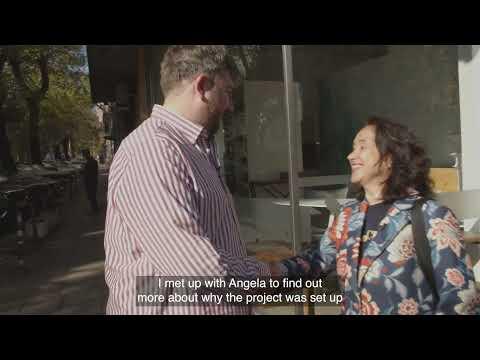
RAN Reporters: short doc about a helpline set up to help with P/CVE practitioners mental health.RAN Reporters: short doc about a helpline set up to help with P/CVE practitioners mental health. 
Two experts discuss the growing recognition of mental health factors around violent extremismTwo experts discuss the growing recognition of mental health factors around violent extremism 
Case study #1: a mental health approach to understanding and preventing violent extremismCase study #1: a mental health approach to understanding and preventing violent extremism 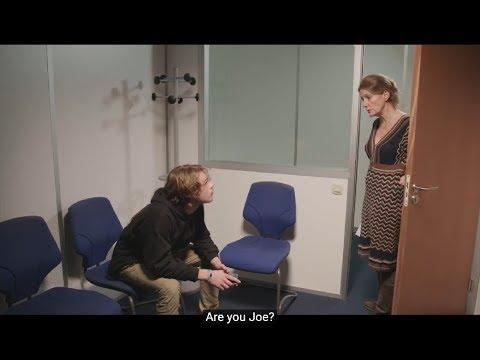
Holding difficult conversations: mental health workHolding difficult conversations: mental health work
Podcasts
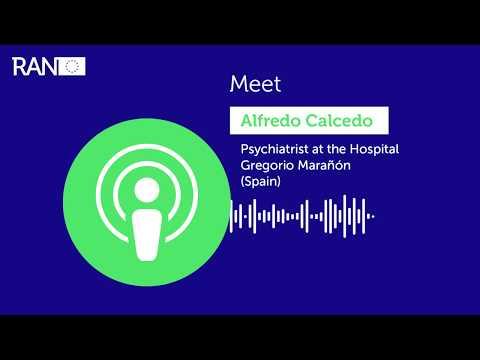
Podcast - Meet a RAN Practitioner #10 - Alfredo CalcedoPodcast - Meet a RAN Practitioner #10 - Alfredo Calcedo 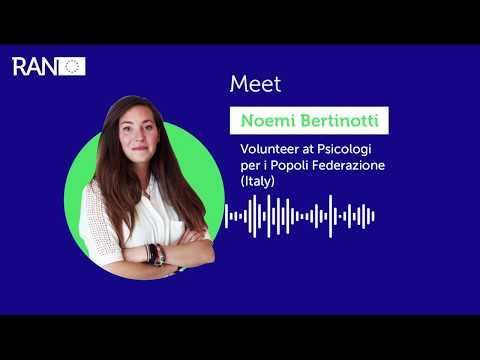
Podcast - Meet a RAN Practitioner #9 - Noemi BertinottiPodcast - Meet a RAN Practitioner #9 - Noemi Bertinotti 
Podcast - Meet a RAN Practitioner #8 - Antje Götz-Bungarten, PsychologistPodcast - Meet a RAN Practitioner #8 - Antje Götz-Bungarten, Psychologist
Contact
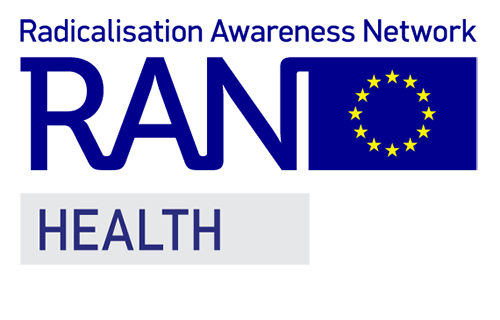
Working Group leaders:
- Catherine Grandsard, France
- Eva María Jiménez González, Spain
For the Working Groups contact points, please see the contacts page

